Combined codes for chemistry research
Iridis distributed memory computing cluster can handle the vast calculations needed to develop new methodologies in scientific research, including chemistry.
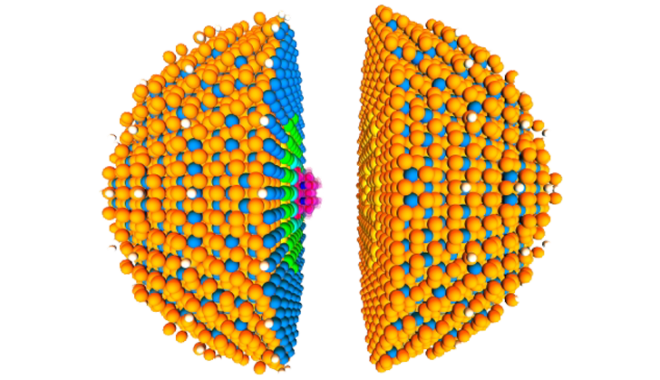
Iridis distributed memory computing cluster can handle the vast calculations needed to develop new methodologies in scientific research, including chemistry.
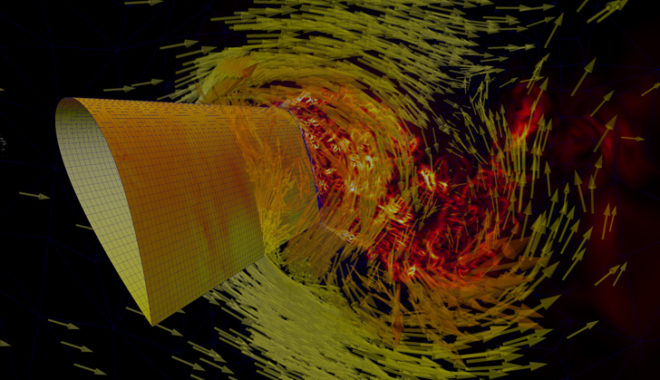
An Innovate UK- and EPSRC-funded project called Hyperflux is bringing together industry and academia to tackle the problem of modeling unsteady fluid flow. Peter Vincent, …
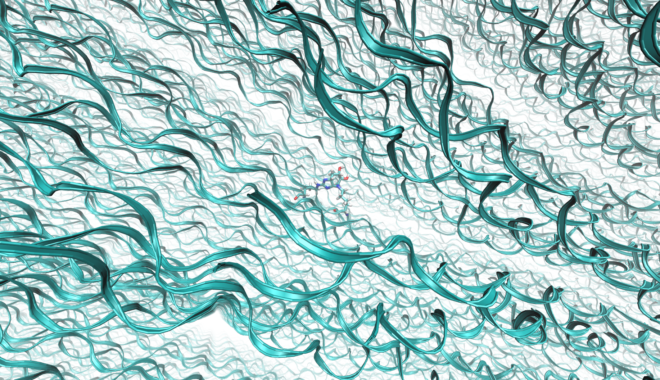
By 2024, it’s estimated that over half of the population of the UK will be over 50 years old. That statistic has implications both for …
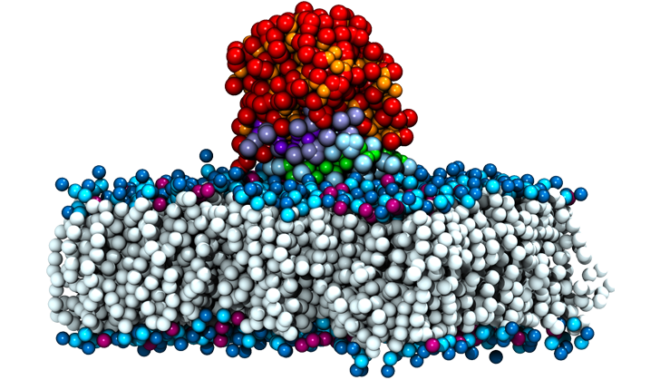
At the University of Oxford, Nathalie Willems is using the Emerald supercomputer in research that could bring about major benefits in a number of industrial …

Choosing the right drug for a patient with cancer is a complicated challenge. There is such a wide range of options, and it can be …
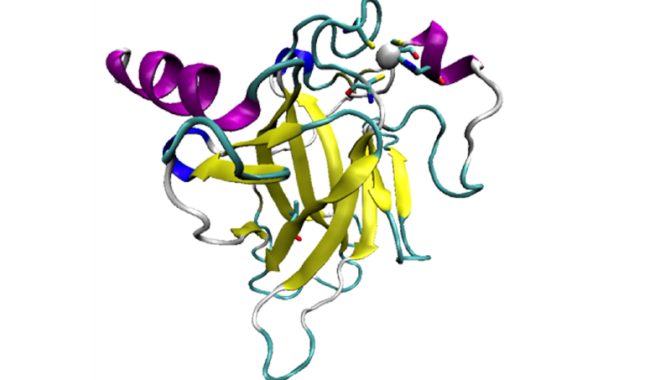
The p53 tumour suppressor protein, when it works properly, helps to prevent cancer. It does so by inducing the arrest of the cell cycle, by …
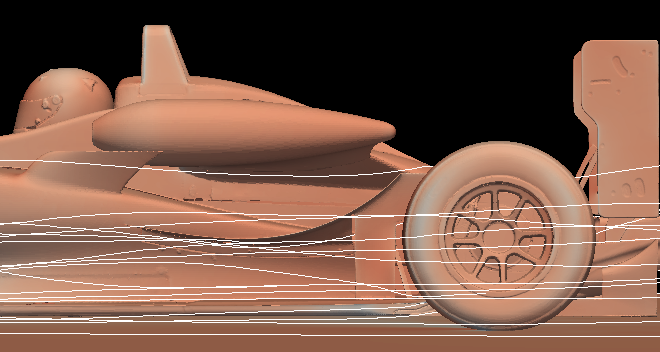
Access to academic facilities like the Emerald supercomputer is vital to the success of new start ups in the High Performance Computing field, says Jamil …
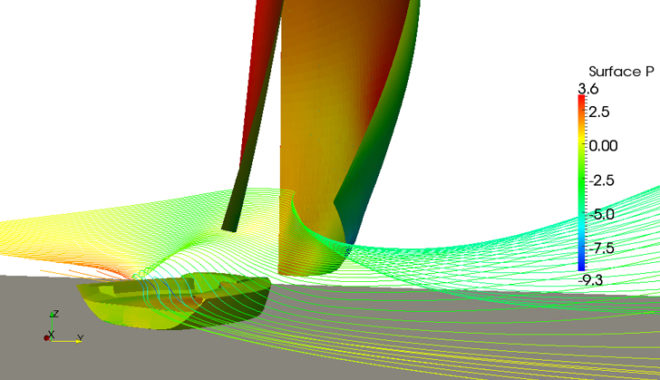
North Sails are one of the largest sail making companies, with a particular emphasis upon and commitment to technical development. This ranges from the materials …
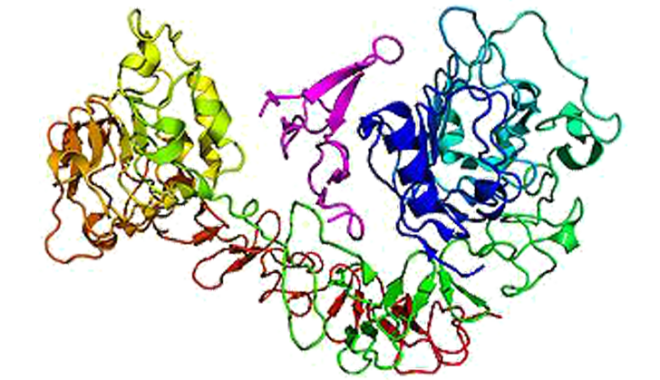
Professor Francesco Gervasio of UCL’s Department of Chemistry used the Emerald supercomputer to simulate the effect of gene mutations linked to the spread of cancer. His research …
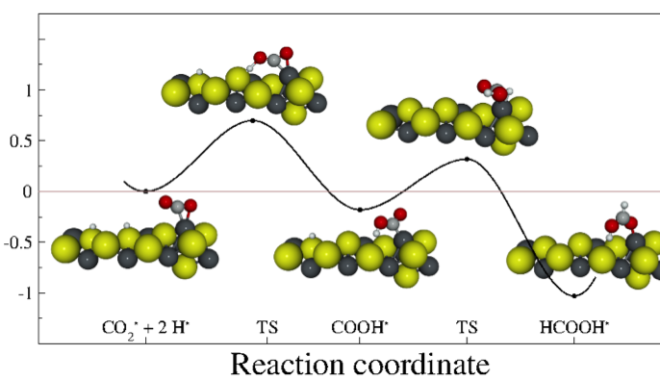
Researchers at UCL are using a range of sophisticated computational tools to simulate and predict the chemical processes that take place at the surfaces of metal and other material surfaces.

UCL’s membership of the Science & Engineering South (SES) Consortium is allowing researchers to work with with GPU specialists in Oxford to greatly improve the performance of a tsunami simulation code.
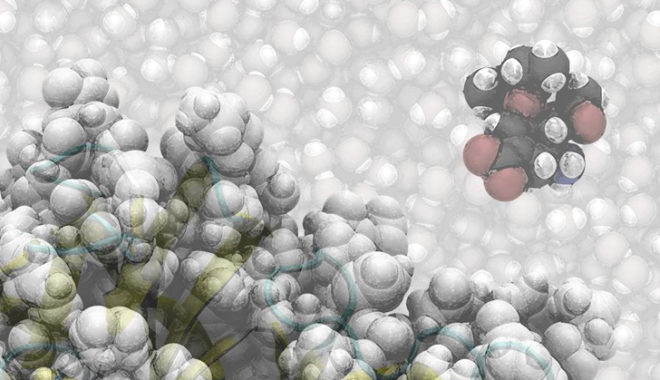
A University of Bristol team used the Emerald GPU supercomputer to investigate how mutations of a key enzyme of H1N1 “Swine” flu lead to the development …